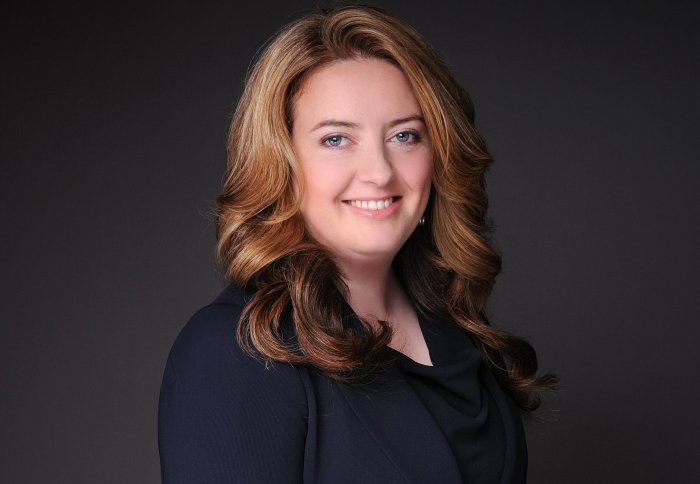Mini profile: Dr Catherine Mulligan, Research Fellow at the Business School

A computer scientist and engineer by training, Cathy worked for Ericsson for 10 years before completing her PhD at Cambridge, then moving to Imperial.
You’re now Principal Investigator on two RCUK projects: Scaling the Rural Enterprise and Sustainable Society Network+. Can you tell us how digital technologies might make us more sustainable?
We’re seeing mass migration to cities the world over on a scale unprecedented in the history of humanity and that brings with it many challenges – perhaps the biggest one being food. We think digital and data technology can help with things like food distribution and combating waste. The Food and Agricultural Organisation of the United Nations (FAO) recently asked us to develop a tool that will visualise data on food production and shortages. This could help policy makers in developing countries more rapidly identify and fix problems in food production and distribution so, for example that people living in cities get better access to food.
And you also brought the Urban Prototyping festival to London last year, tell us about that
Basically it brought together a wide variety of disciplines to solve some of the world’s most pressing problems using digital technologies in the urban environment. Last year’s event helped fund and launch some really interesting start-ups including Mogees – a smartphone connected device that turns the everyday objects around you into unique digital musical instruments.
You’ve also written extensively about the negative implications of digital technology in several books and papers?
Yes. And I do worry about where we’re heading as a digital society. People tend to focus on the positive aspects of technology but there are always unintended consequences – be it privacy and insurance issues, plagiarism, even addiction. Take the very popular Fitbit Tracker and mobile app, which measures your movement, sleep, and other personal metrics. Their business model is to aggregate that data and sell it to insurance companies who can then change their models based on real data. Employees of Walmart or Tesco are now tagged and tracked, to see how long they are in the bathroom or having a cigarette break. With Facebook and Google we also have the emergence of global data monopolies, although nobody is called them that yet. The power should ideally be distributed across the market; no one company should have all the data worldwide. The amount of information out there on everybody is very scary, with the growth of the so called ‘deep web’. We need to trigger this debate now in wider society, rather than leaving it to academics like me!
How does this impact education though?
Well we’ve now got a generation that is used to taking whatever they want, re-interpreting it and calling it their own. Are we going to change the system to say, this merging of ideas is fine now, or do we re-train students to show them what rigorous new ideas actually look like?
So do you ever take yourself offline and try and escape?
Definitely! When I go on vacation I make a point of finding accommodation with no internet, no phone signal and is just nowhere basically. I have to switch off but it takes me a couple days. I quit coffee recently, which was hard, but it would be much harder to quit digital technology I think.
Article text (excluding photos or graphics) © Imperial College London.
Photos and graphics subject to third party copyright used with permission or © Imperial College London.
Reporter
Andrew Czyzewski
Communications Division